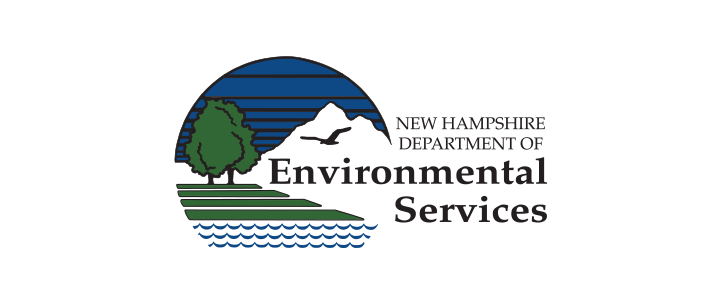
Conducting Field Work During a Pandemic
The NHDES Air Resources Division Compliance Bureau usually conducts 50 to 60 on-site, full compliance evaluations of permitted stationary sources and observes 80 to 100 compliance stack testing and monitoring activities each year. In addition, Compliance Bureau staff perform 30 to 40 on-site inspections related to asbestos in schools, respond to 70 to 80 air-related complaints with an on-site investigation, and complete in-person inspections of asbestos renovation and demolition projects. When stay-at-home orders were issued in March 2020, due to the COVID-19 pandemic, the Compliance Bureau implemented new safety protocols to reduce the risks associated with exposure to and spread of the virus by cancelling in-person meetings and minimizing on-site compliance activities by its staff.
Despite that significant change, Compliance Bureau staff found ways to overcome the challenge and continue to fulfill mission-critical functions. Since NHDES had already submitted its annual plan to EPA with a commitment to conduct a specified number of inspections, NHDES worked with EPA to find a way to complete the required inspections remotely. This was accomplished through a combination of off-site record reviews and outside observations at permitted stationary sources. In addition, NHDES has a long-standing policy of observing all compliance stack testing and monitoring activities that occur in New Hampshire. This ensures that the activities are conducted in accordance with established test methods which reduces costs to sources associated with retesting and produces results that are accurate. Staff used virtual platforms to conduct meetings and communicate with sources during inspection and stack testing and monitoring activities.
NHDES is continuing to work with other states and EPA to find new ways to conduct off-site, virtual, inspections and observations during testing and monitoring activities to enable more thorough, real-time observations of permitted devices and processes. These efforts ensured the regulated community and our NHDES staff were safe, and our air quality uncompromised.




